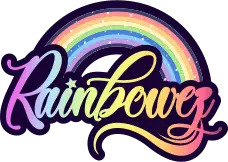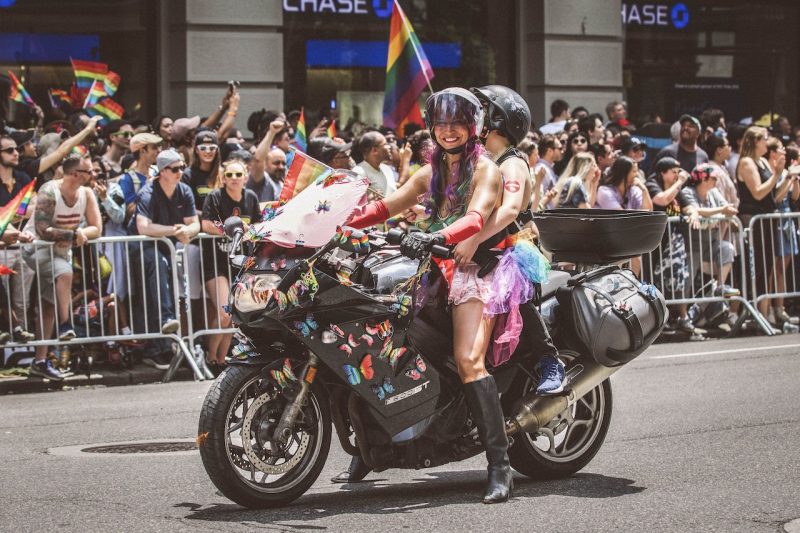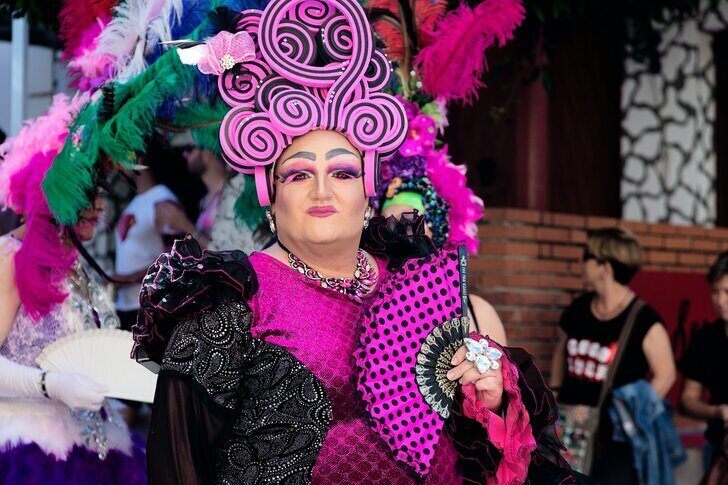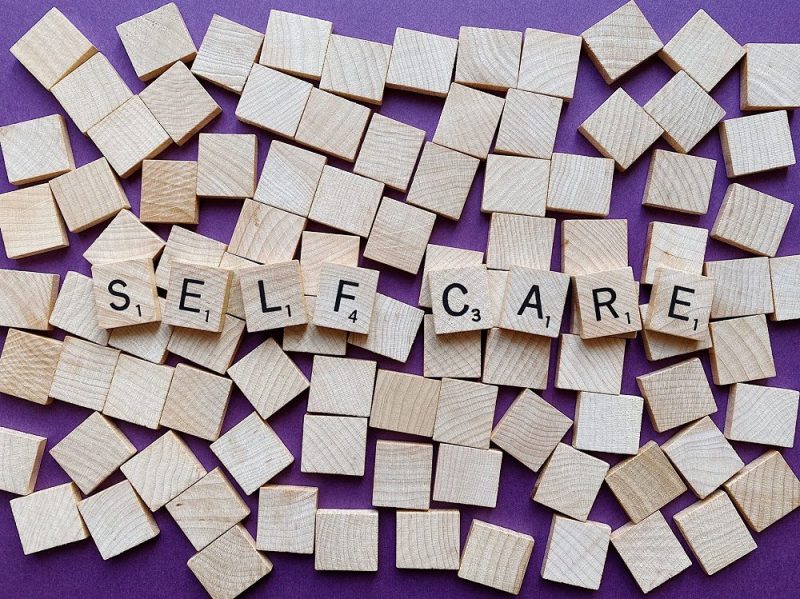It has been quite a ride since the 1950s when it comes to LGBTQ+ rights. From the shadows to the spotlight, the LGBTQ+ community has made remarkable strides, all thanks to our ability to work within the democratic system. Thus, it is like a dance: Two steps forward, one step backward, but always moving toward the ultimate goal: Full equality in a functioning democracy.
The Dark Ages
The 1950s were not exactly the heyday of LGBTQ+ acceptance. In fact, it was a time of oppression and fear. The mere act of coming out could result in job loss, social ostracism, and even criminal charges. But even in the darkest times, there were sparks of resistance.
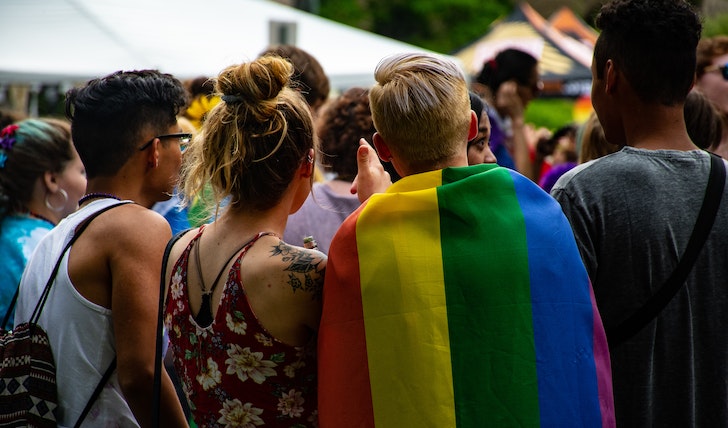
Brett / Pexels / Turns out that a functioning democracy has always been a key player in ensuring the rights of the LGBTQI+ community.
The early pioneers of the LGBTQ+ movement worked tirelessly to establish organizations and support networks in secret. They realized that change had to start from within the system, and so they began pushing for legal reforms, even if progress was slow.
The Stonewall Uprising
However, the turning point in the LGBTQ+ movement came in 1969 with the Stonewall Uprising. It was a moment of sheer defiance against police brutality and discrimination as patrons of the Stonewall Inn fought back. The rioting continued for days and galvanized the LGBTQ+ community to demand change.
Stonewall was a watershed moment because it showed that the LGBTQ+ community was not going to stand idly by and accept the status quo. It marked the beginning of a new era in the fight for equal rights.
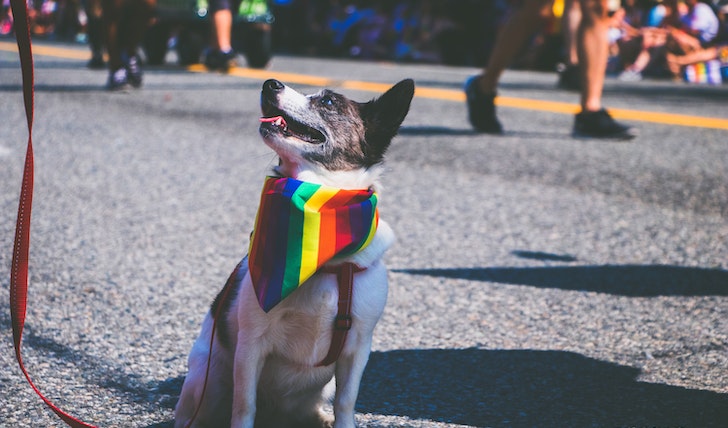
Ham / Pexels / In the early 70s, the Stonewall Uprising was the first active LGBTQI+ movement asking for equality.
The Legislative Battleground
As the 1970s dawned, LGBTQ+ activists started focusing on legislative battles. They knew that if they wanted to change society, they needed to change the laws. The first victories came at the local level with the decriminalization of homosexuality in several major cities. These small wins laid the foundation for larger-scale change.
Harvey Milk, an openly gay politician in San Francisco, became an icon for LGBTQ+ rights in the late 1970s. His election to the city's Board of Supervisors was groundbreaking and showed that LGBTQ+ individuals could not only participate in the democratic process but also win. Tragically, Milk was assassinated, but his legacy lived on as more LGBTQ+ individuals began running for office.
Don't Ask, Don't Tell, and DOMA
The LGBTQ+ community continued its push for equal rights into the 1990s. During this time, the "Don't Ask, Don't Tell" policy prohibited openly gay individuals from serving in the U.S. military.
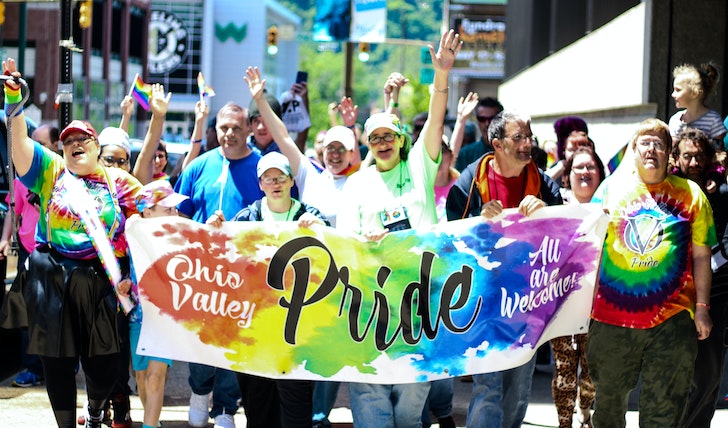
Rose Mary / Pexels / Back in the 90s, the Defense of Marriage Act (DOMA) defined marriage as strictly between a man and a woman at the federal level.
These discriminatory policies sparked outrage, and activists worked tirelessly to repeal them. The LGBTQ+ community used the democratic process to its advantage by lobbying, staging protests, and raising awareness.
In 2010, "Don't Ask, Don't Tell" was finally repealed, allowing gay and lesbian individuals to serve openly in the military. In 2013, the Supreme Court struck down the key provisions of DOMA, marking a major victory for marriage equality.
Marriage Equality
One of the most significant victories for LGBTQ+ rights came in 2015 when the Supreme Court legalized same-sex marriage nationwide. This monumental decision was the culmination of decades of hard work within the democratic system.
Activists, lawyers, and everyday LGBTQ+ individuals fought tirelessly for this fundamental right.
